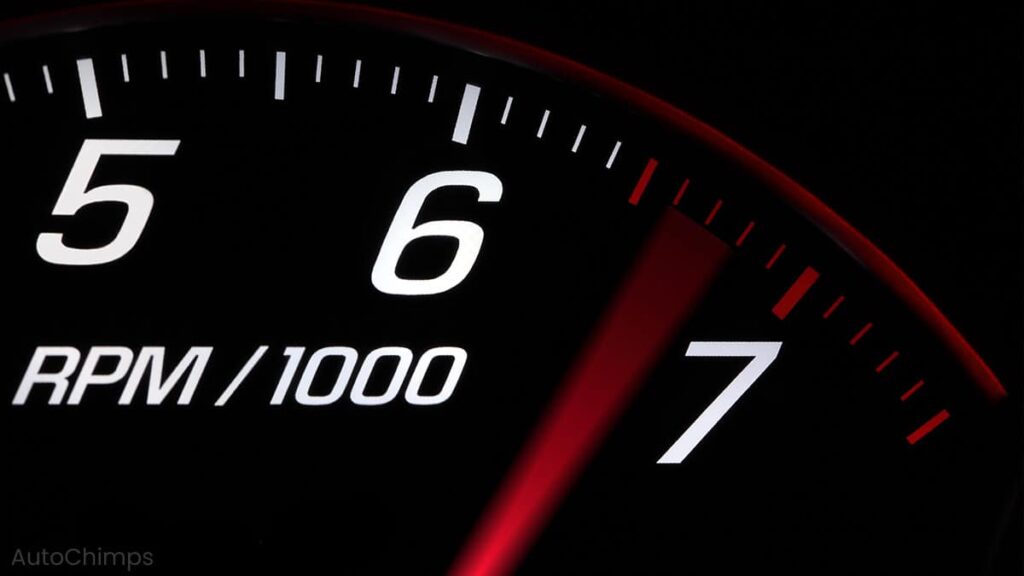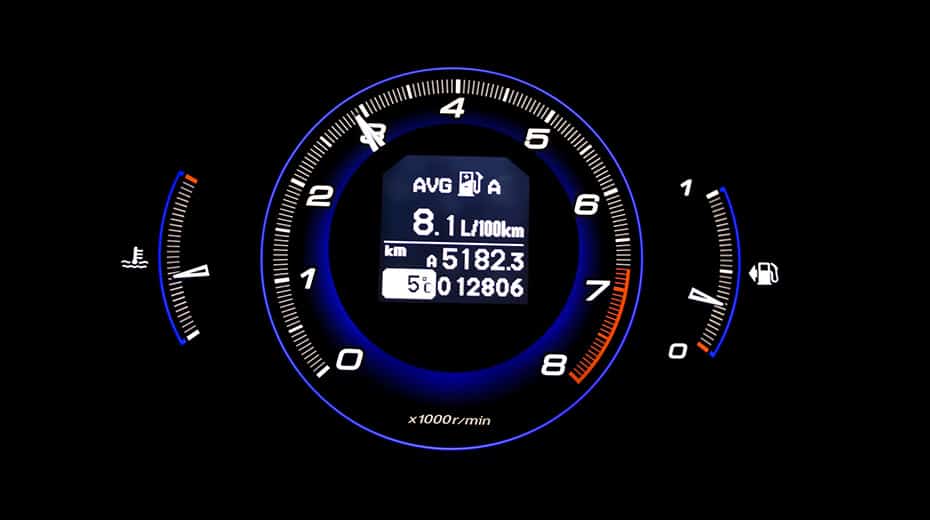
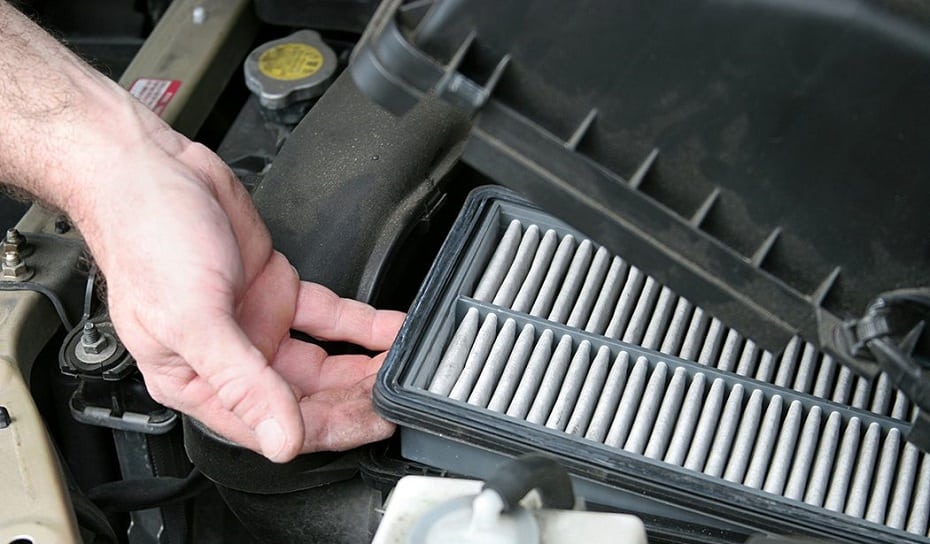
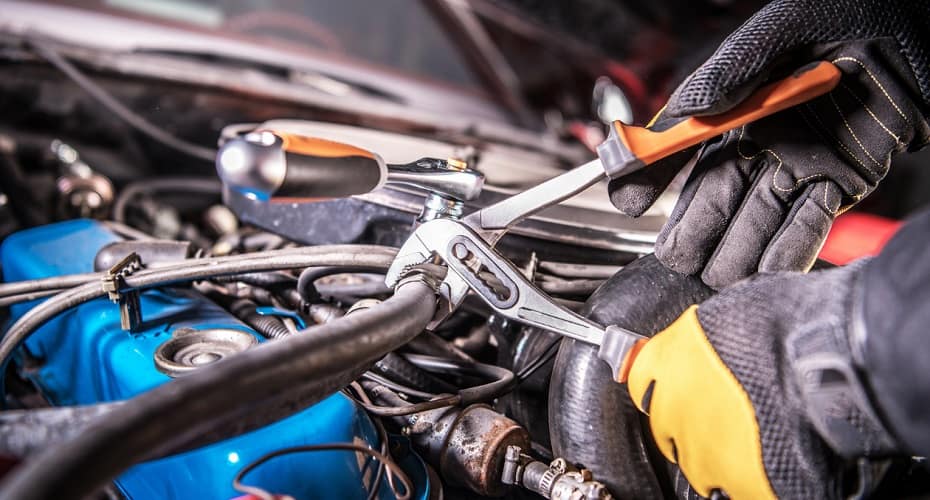

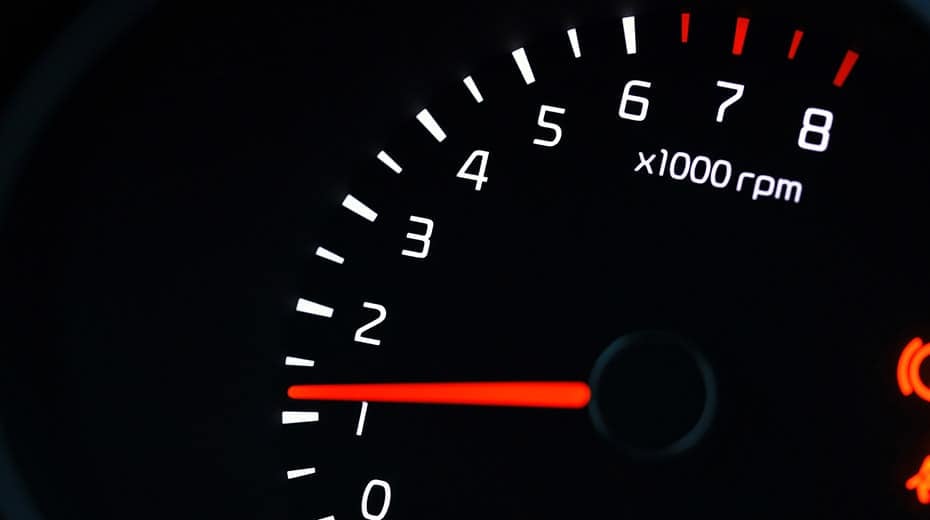
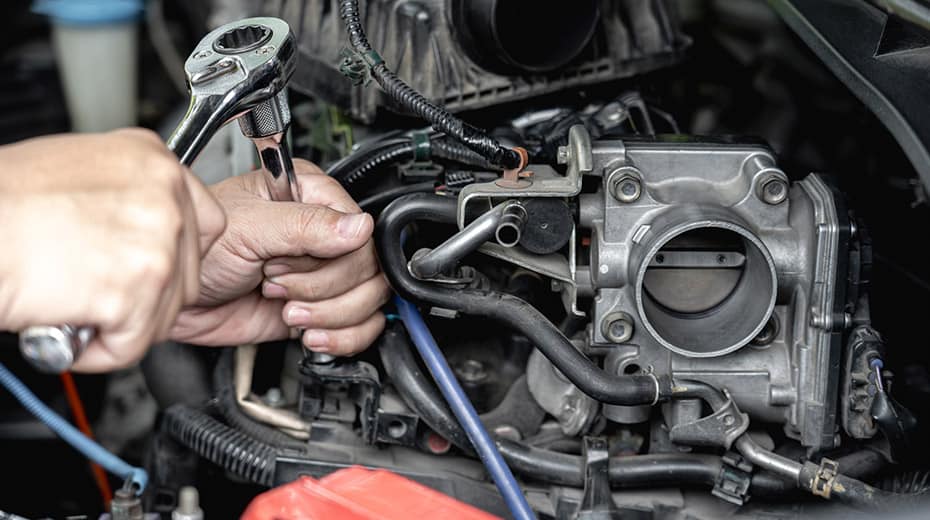
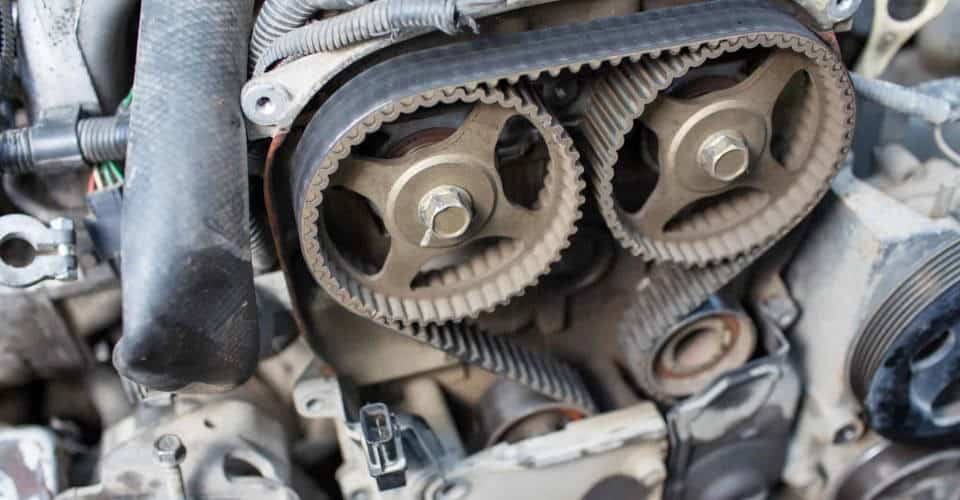
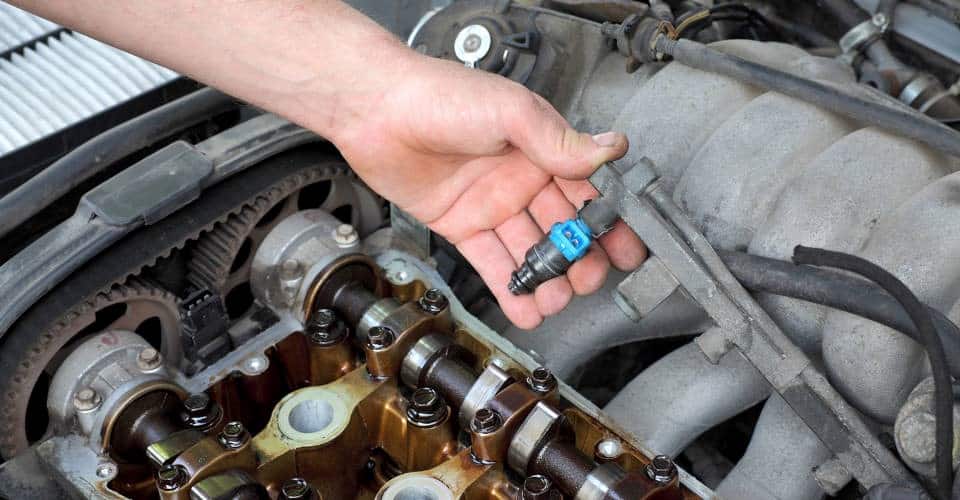

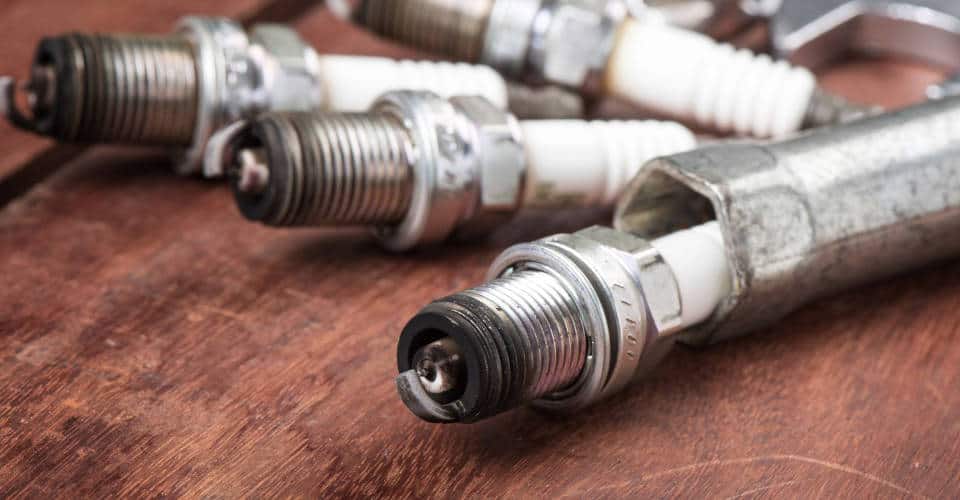

Understanding RPM Fluctuations While Accelerating
When hitting the gas, engine RPMs should smoothly rise to about 2,500. If the needle starts bouncing around like it’s on a pogo stick, it’s time to investigate what’s going on.
What Causes RPM Fluctuations?
Fluctuating RPMs during acceleration usually point to issues in the ignition or intake systems. But don’t rule out transmission problems or even a faulty tachometer. The first step is diagnosing the issue. Having an OBD2 scanner can save a chunk of change—around $100—on diagnostic fees.
Regular maintenance is key to preventing these problems. Keeping up with service schedules can help avoid ignition and intake issues that lead to those pesky RPM fluctuations.
RPM Fluctuations Explained

Every car has a speedometer, but what about that other gauge? That’s the tachometer, and it tracks how fast the crankshaft is spinning—measured in revolutions per minute (RPM).
At idle, RPMs should sit steady between 600 and 1,000. As the car accelerates, they should climb smoothly to around 2,000 or 2,500, depending on how the driver rolls. Once the transmission shifts, the RPMs drop, and the cycle repeats.
If the RPMs start bouncing or spiking while accelerating, it’s a sign that something’s off and needs attention.
Top 10 Reasons for RPM Fluctuations
- Dirty Fuel Injectors

OBD2 Error Codes: P0171, P0174, P0200
Fuel injectors are crucial for delivering the right amount of fuel to the engine. If they get clogged, it can lead to misfires and fluctuating RPMs, especially when accelerating.
- Faulty Throttle Position Sensor

OBD2 Error Codes: P0120, P0121, P0122, P0123, P0124
This sensor keeps tabs on how far the accelerator pedal is pressed. If it malfunctions, it can mess with the air-fuel mix, leading to RPM fluctuations and even stalls.
- Clogged Engine Air Filter

OBD2 Error Codes: P0101, P0102, P0113
A dirty air filter restricts airflow to the engine, which can cause misfires and fluctuating RPMs. It’s best to replace it every 12,000 to 15,000 miles.
- Vacuum Leak

OBD2 Error Codes: P0171, P0174, P2279
A vacuum leak lets in too much air, throwing off the air-fuel balance and causing RPMs to fluctuate, especially when accelerating.
- Worn Spark Plugs/Bad Ignition Coils

OBD2 Error Codes: P0171, P0300, P0302, P0303, P0304, P0351, P0362
These components work together to ignite the air-fuel mix. If they fail, it can lead to misfires and fluctuating RPMs.
- Crankshaft Position Sensor Failure

OBD2 Error Codes: P0008, P0016, P0315, P0335, P0336
This sensor tracks the crankshaft’s position for ignition timing. If it fails, expect rough idling and fluctuating RPMs.
- Transmission Troubles

OBD2 Error Codes: P0218, P0613, P0614, P0706, P0865, P0972
If the transmission is slipping, it can cause RPMs to surge. Look out for delayed shifts or strange noises while shifting.
- Malfunctioning Tachometer

OBD2 Error Codes: P1693, P0501, P0502, P0654, P0720, P0725
If the tachometer itself is faulty, it might give false readings. A visit to the shop for a software update or a fuse check might be necessary.
- Idle Air Control Valve Issue

OBD2 Error Codes: P0500, P0505, P0506, P0508, P0510, P0511
This valve controls airflow while idling. If it’s clogged, it can lead to fluctuating RPMs and engine stalls.
- Timing Belt Problems

OBD2 Error Codes: P0014, P0015, P0016, P0017
A loose or worn timing belt can cause rough idling and fluctuating RPMs. In severe cases, it might even prevent the engine from starting.
How to Fix RPM Fluctuations
If RPMs are bouncing while accelerating, diagnosing the issue right away is crucial. Catching it early can save a lot of headaches down the road.
Diagnostic fees usually range from $50 to $150, depending on the shop. But if an OBD2 scanner is available, it can pinpoint the problem quickly.
Some fixes, like changing an air filter or spark plug, might be DIY-friendly. But for more complex issues, like transmission problems, it’s best to call in a pro.

